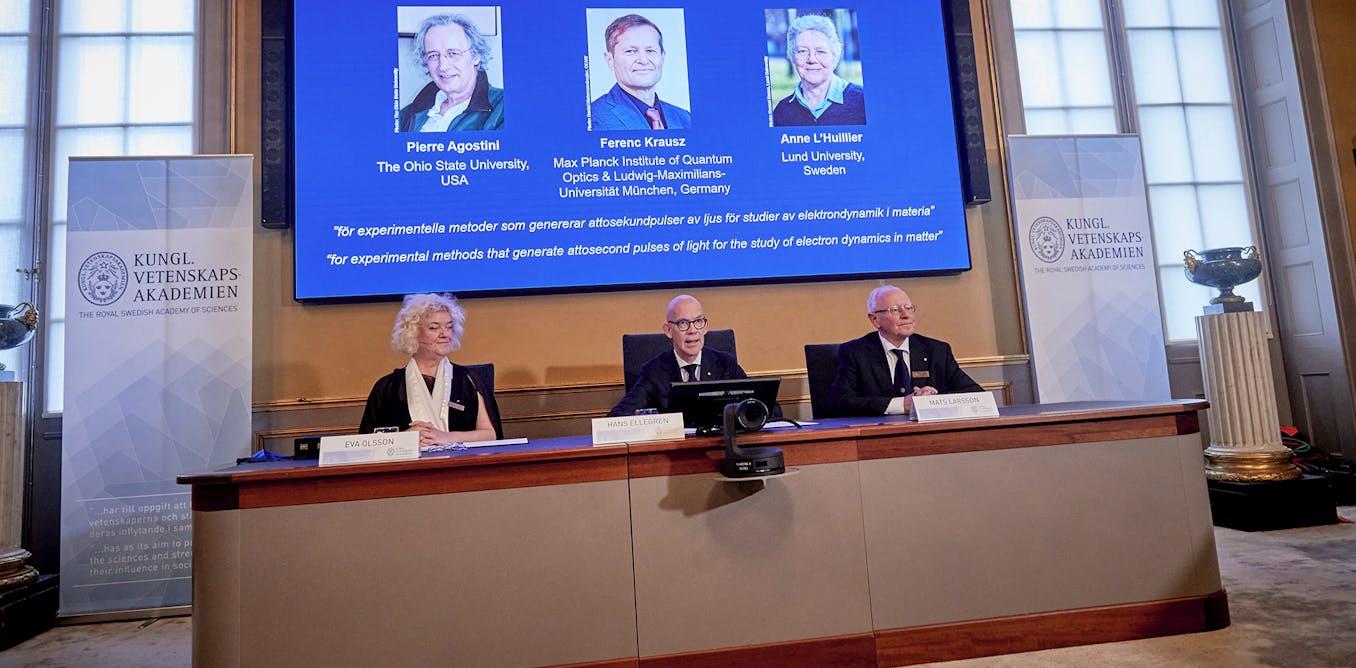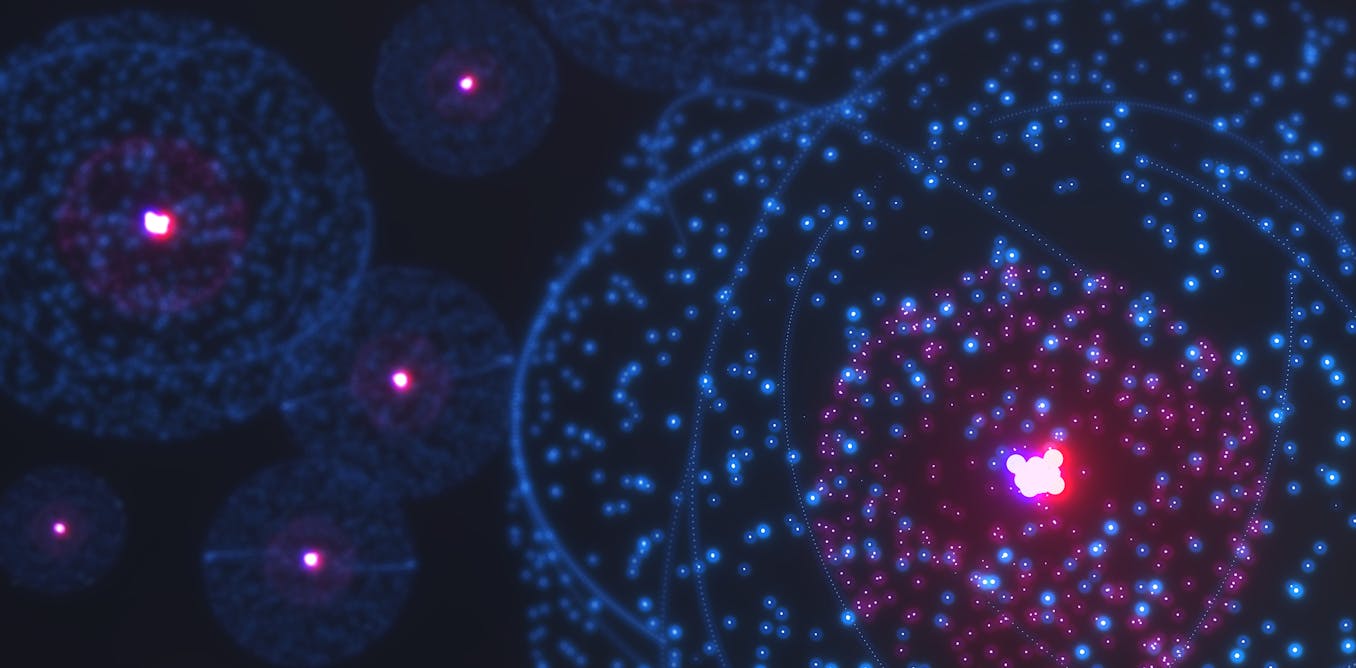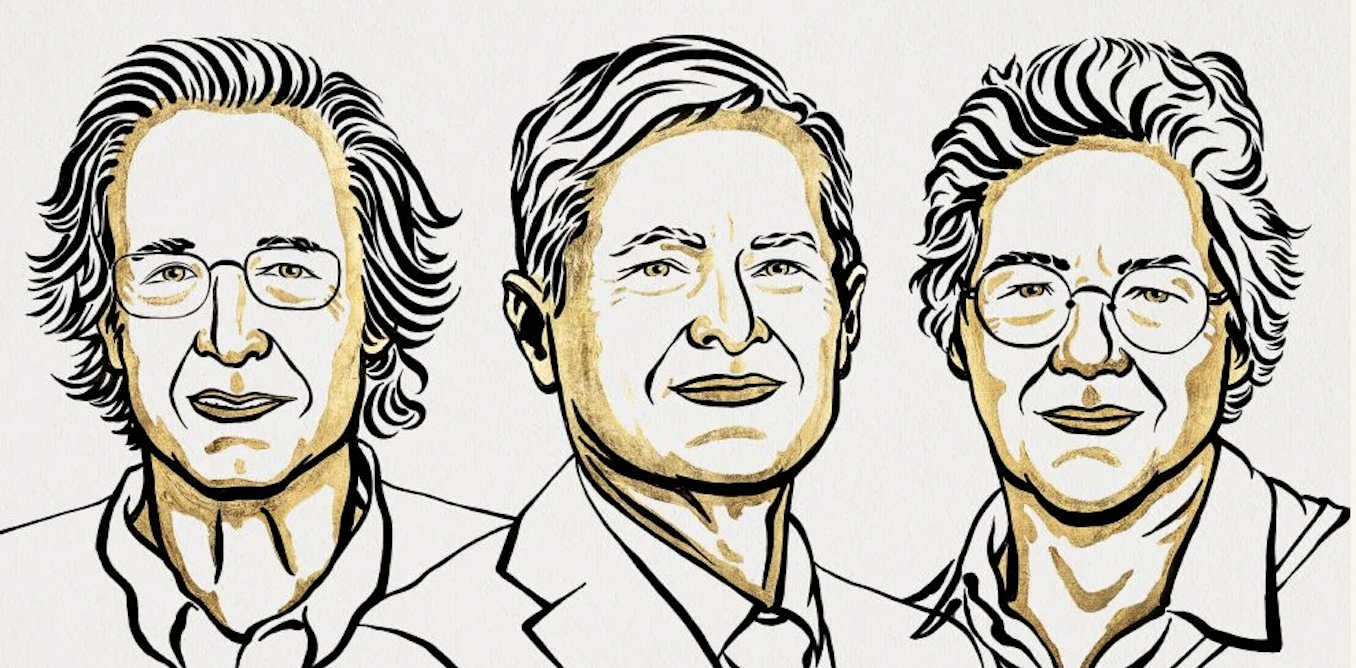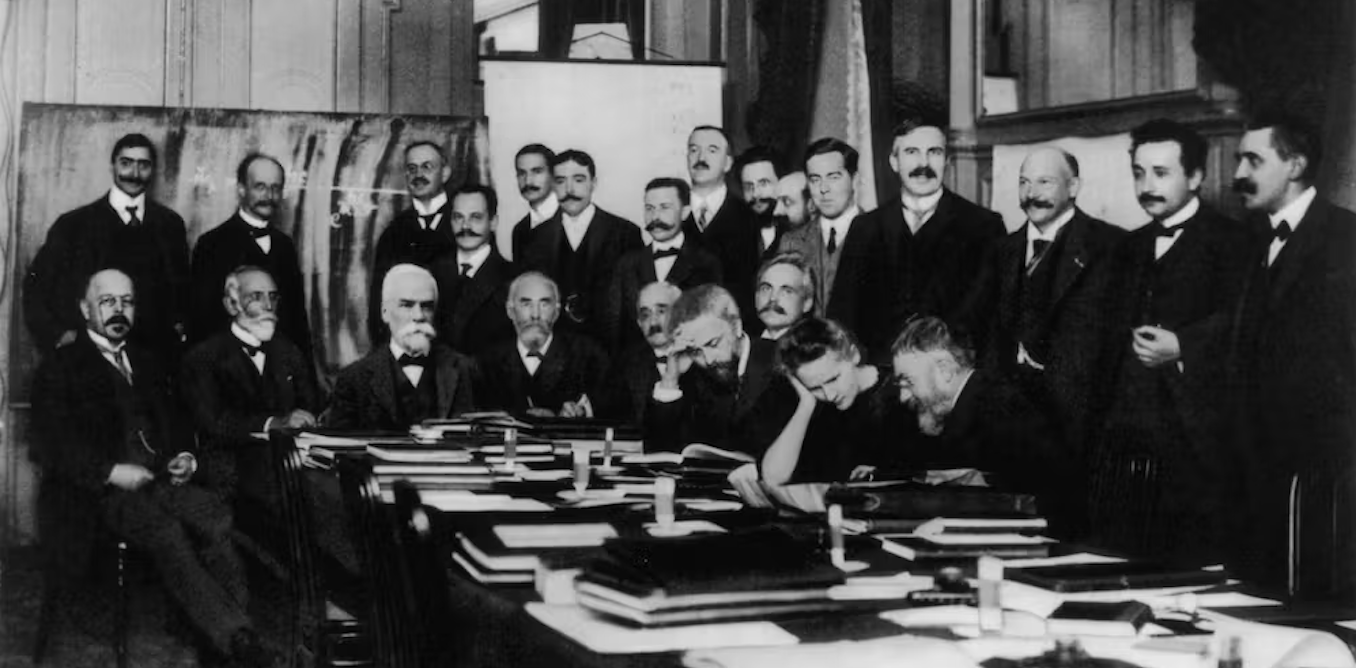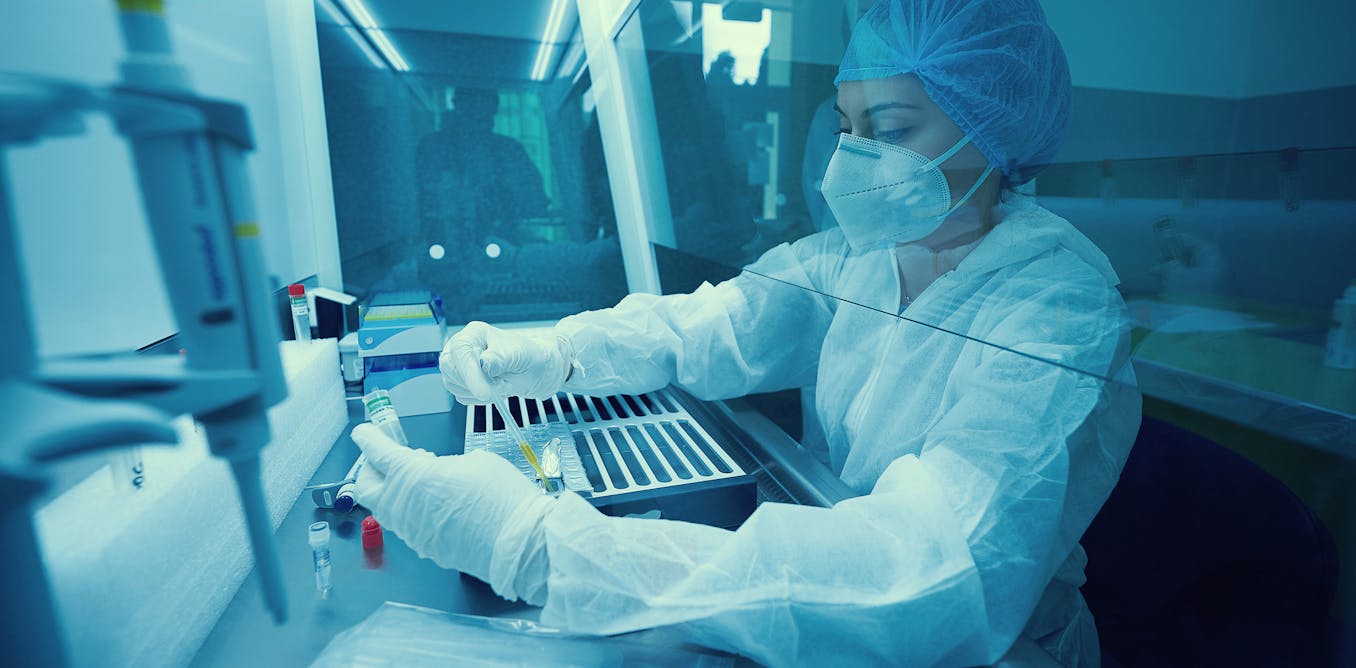Nobel prize in chemistry awarded for 'quantum dot' technology that gave us today's high definition TVs
Quantum dot technology has also helped revolutionise medical imagining.
Oct. 5, 2023 • ~4 min
Quantum dots are part of a revolution in engineering atoms in useful ways – Nobel Prize for chemistry recognizes the power of nanotechnology
Quantum dots are a prime example of the way nanotechnology engineers materials at an atomic scale.
Oct. 4, 2023 • ~9 min
Making 'movies' at the attosecond scale helps researchers better understand electrons − and could one day lead to super-fast electronics
The 2023 Nobel Prize in physics recognized researchers studying electron movement in real time − this work could revolutionize electronics, laser imaging and more.
Oct. 4, 2023 • ~8 min
How we hired 2023 Nobel laureate Anne L'Huillier – and why we knew she was destined for greatness
L'Huillier was busy teaching when she her Nobel prize was awarded.
Oct. 4, 2023 • ~6 min
What is an attosecond? A physical chemist explains the tiny time scale behind Nobel Prize-winning research
Three scientists won the 2023 Nobel Prize in physics for their work developing methods to shoot laser pulses that only last an attosecond, or a mind-bogglingly tiny fraction of a second.
Oct. 4, 2023 • ~5 min
Nobel prize in physics awarded for work unveiling the secrets of electrons
The 2023 Nobel Prize in physics has been awarded “for experimental methods that generate attosecond pulses of light for the study of electron dynamics in matter”.
Oct. 3, 2023 • ~5 min
Superconductivity at room temperature remains elusive a century after a Nobel went to the scientist who demonstrated it below -450 degrees Fahrenheit
Superconductivity may sound like science fiction, but the first experiments to achieve it were conducted over a century ago. Heike Kamerlingh Onnes, credited with the discovery, won a Nobel Prize in 1913.
Oct. 3, 2023 • ~8 min
Tenacious curiosity in the lab can lead to a Nobel Prize – mRNA research exemplifies the unpredictable value of basic scientific research
The winners of the 2023 Nobel Prize in physiology or medicine made a discovery that helped create the COVID-19 vaccines. They couldn’t have anticipated the tremendous impact of their findings.
Oct. 3, 2023 • ~9 min
Just 3 Nobel Prizes cover all of science – how research is done today poses a challenge for these prestigious awards
The Nobel Prize categories were set up more than a century ago. Since then, science has grown and evolved in unpredictable ways.
Sept. 28, 2023 • ~10 min
/
8

